We all know that the Pakistani music industry has been down in the dumps for a while. The only way musicians are getting any recognition (besides flocking across the border) is by becoming internet sensations, even if it means compromising with the quality of the lyrics.
In the month of Ramazan, however, musicians use their voices to recite naats and hamds in order to stay relevant. Around four to five religious albums are released each year, along with countless singles. Popular singers of the late 80s, Junaid Jamshed and Ali Haider, who have given up commercial singing on religious grounds, continue to gain fame and fortune through religious music. As well-known music producer Abid Ali puts it, this is a time of “religious entertainment”.
Ali, who recently produced Fariha Pervez’s self-financed single Labboun Pe Jaari Hai Ism-e-Ahmed, says that for most singers, who are doing one-off singles, it’s only an attempt to remain in the limelight even during Ramazan. “Majority of the singers are not really benefitting financially from doing one or two naats. This is simply a way to stay on screen during Ramazan,” he says.

Many commercially successful singers, such as Abrarul Haq and Jawad Ahmed, have ventured into naat khuwani in the past. One of the most popular naats was Ye Mamla Koi Aur Hai by Najam Sheraz, who, too, was a mainstream singer. Taking that into consideration, young artists also try to follow the trend and get noticed for their religious renditions.
“Musicians are on-board with Ramazan. Many of our mainstream musicians turn into religious singers during the holy month and this is not just veterans but also the new boys,” says Danish Khawaja, music executive for ARY Musik. He adds that over the last three years, the frequency of such singles is increasing and that he has received over 20 videos, including those from established names such as Seige, Ali Haider and Fariha Pervez.
Khawaja, too, believes that this is not a commercial venture for major musicians, but a way to maintain an attentive audience during the month of Ramazan. “There is no money in this as such. By releasing a couple of singles, a singer cannot maintain enough audience for a commercial release,” says Khawaja, who estimates that only four to five singers have fared well financially. He explains that the physical release of albums is currently non-existent and consumers generally buy more serious naats that have a solid religious backing.
This doesn’t mean that there are no singers who truly enjoy singing spiritual music. These may also be the ones that benefit the most monetarily.
One singer, who wished to remain anonymous, explains that leading singers who perform at a gathering can make up to Rs4.5 million in one night. There have also been occasions where artists were presented gold bricks. The singer adds that these represent around 20 to 30 percent of all leading artists. “This is, undoubtedly, becoming a heavily commercialised industry. But there is little scope if you are doing it as only a one-off thing. People who are performing regularly have a huge demand,” asserts the singer.
Singer Humera Arshad, who recently released a naat, said that her mother would take her to majlis when she was a child and that she has been recording naats each year since she turned into a professional. She emphasises that the overall decline of the music industry is one of the major reasons why artists are becoming more involved in religious music.
Arshad also points out that she has not released an album for several years and the record companies have shut down so artists are mostly working on their own initiative. Ramazan, however, is the one time there is a need for good voices and hence, artists avail it. “I think it’s fine if people are making money this way. Entertainment isn’t really happening like it once did plus the government is doing little to revive it,” says Arshad.
Published in The Express Tribune, August 1st, 2013.
Like Life & Style on Facebook, follow @ETLifeandStyle on Twitter for the latest in fashion, gossip and entertainment.







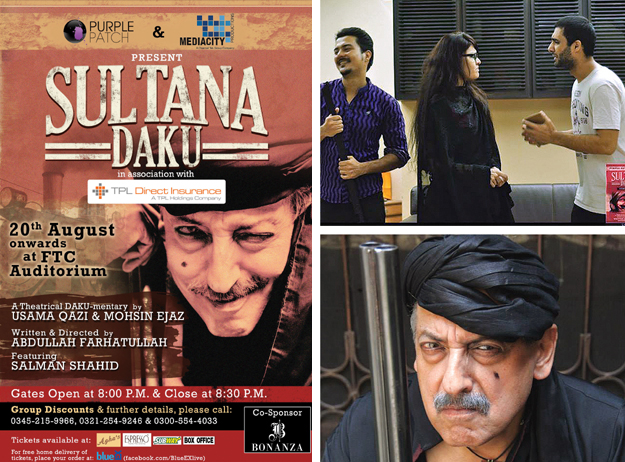

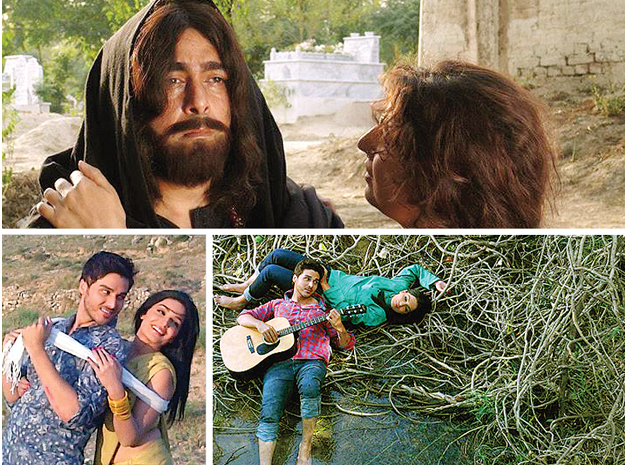











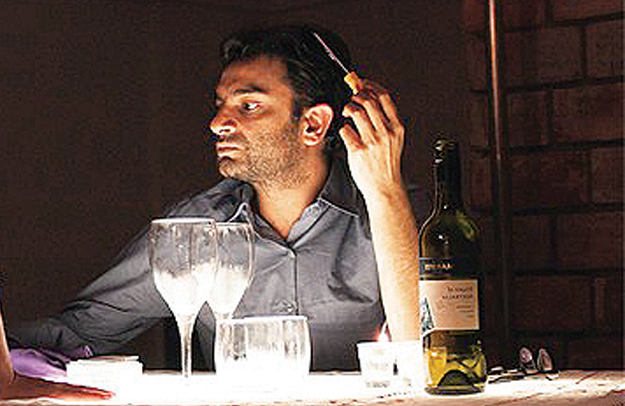






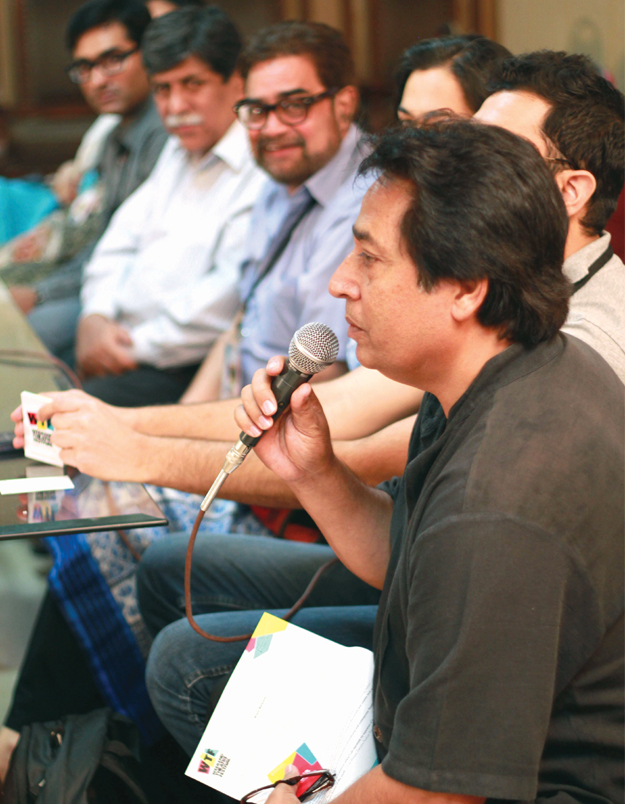
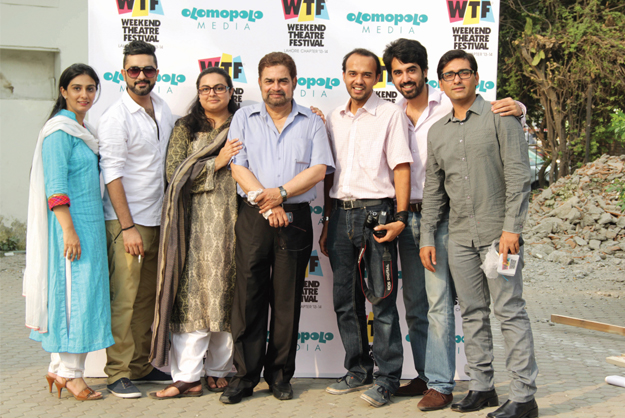
 Limited entertainment options are another reason behind the expansive design of the festival. “If you speak to our parents or friends, you will see that we don’t really have much to do. We can only go out, eat and come back,” Kapasia explains. “So the idea is to bring forth culture as well, with this initiative. Thus, this is a very eventful and happening thing we are trying to experiment with.”
Limited entertainment options are another reason behind the expansive design of the festival. “If you speak to our parents or friends, you will see that we don’t really have much to do. We can only go out, eat and come back,” Kapasia explains. “So the idea is to bring forth culture as well, with this initiative. Thus, this is a very eventful and happening thing we are trying to experiment with.”